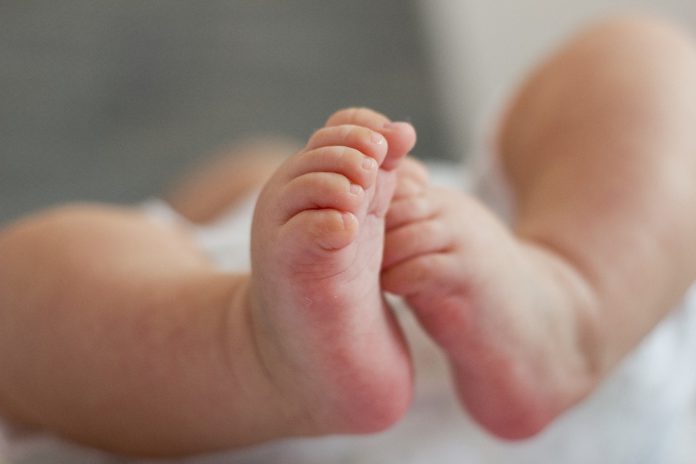The United Nations Children’s Fund (UNICEF) has revealed that an estimate of 2,928 babies were born in Ghana on New Year’s Day.
In a statement signed by Henrietta Fore, the Executive Director of the Fund, the number is only one per cent of the total number of babies born across the world on January 1, 2020.
According to UNICEF, 392,000 babies were born in 2020 on New Year’s Day.
“The beginning of a new year and a new decade is an opportunity to reflect on our hopes and aspirations not only for our future but the future of those who will come after us.
“As the calendar flips each January, we are reminded of all the possibility and potential of each child embarking on her or his life’s journey—if they are just given that chance,” the statement read.
The first New Year baby was predicted to be born in Fiji in the Pacific, while the last was predicted to be born in the United States.
In Africa, Nigeria, DR Congo and Ethiopia were estimated to be the top 3 leaders in the number of childbirths on New Year’s Day with 26,039, 10,247 and 8,493 births respectively.
Globally, over half of these births are estimated to take place in eight countries:
India — 67,385
China — 46,299
Nigeria — 26,039
Pakistan — 16,787
Indonesia — 13,020
The United States of America — 10,452
The Democratic Republic of Congo — 10,247
Ethiopia — 8,493
UNICEF celebrates babies born on New Year’s Day each January, an auspicious day for childbirth around the world.
Babies born on the first day of the year share their birthday with global icons like famous physicist Satyendra Nath Bose and President of the European Central Bank, Christine Lagarde.
UNICEF also disclosed that in 2018 about 2.5 million newborns died in just their first month of life; about a third of them on the first day of life.
It noted that most of the children died from preventable causes such as premature birth, complications during delivery, and infections like sepsis. Also, more than 2.5 million babies are born dead each year.
Over the past three decades, the world has seen remarkable progress in child survival, cutting the number of children worldwide who die before their fifth birthday by more than half.
However, there has been slower progress for newborns. Babies, who died in the first month, accounted for 47 per cent of all deaths among children under five in 2018.
UNICEF’s ‘Every Child Alive’ campaign is an initiative that calls for the investment of health workers with the right training, equipped with the right medicines to ensure every mother and newborn is cared for.
They believe that by a safe pair of hands complications during pregnancy, delivery and birth will reduce drastically.
“Too many mothers and newborns are not being cared for by a trained and equipped midwife or nurse, and the results are devastating,” added Fore.
“We can ensure that millions of babies survive their first day and live into this decade and beyond if every one of them is born into a safe pair of hands,” UNICEF noted in the statement.

